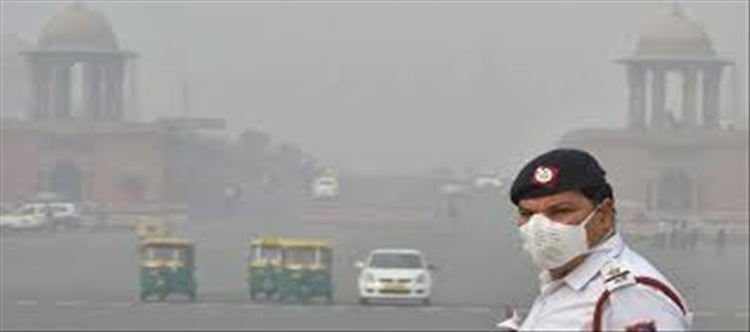
Reportedly high levels of air pollution, as measured by a high AQI, have emerged recently as an important risk factor for coronary disease. Extremely poor pollution conditions, as seen in Delhi, carry health risks that are as hazardous as smoking ten cigarettes per day. In addition to aggravating respiratory illness, very poor air quality substantially increases the risk of cardiovascular disease. Dr VC Chauhan Interventional Cardiologist, Bhailal Amin General Hospital, vadodara shares how high AQI impacts individuals with cardiovascular diseases.
Perhaps the main polluters are biomass and fuel burning, adulterated fuels use, chemical pollution, and traffic congestion. The person may experience chest discomfort or a feeling of unease or panic, difficulty in breathing, and even a feeling of choking if exposed to polluted air that can activate acute coronary syndrome. heart disease patients should take preventive measures against the poor-quality air in periods of bad air.
Moreover the consequences over time include: Harming blood vessels that then lead to narrowing and eventual calcification of the blood vessel; therefore, it narrows and decreases blood flow. High blood clotting tendency. Hypertension from overexertion to force the blood through narrowed blood vessels. Extra stress on heart muscles. Potential disruption of the heart’s electrical system to produce arrhythmias.




 click and follow Indiaherald WhatsApp channel
click and follow Indiaherald WhatsApp channel